‘To live in Australia is to win the lottery of life.’ (Prime Minister Tony Abbott, January 1st 2015)
This revealing (and inane) statement of our Prime Minister today succinctly (and perhaps inadvertently) summarises the philosophy of our current Liberal government. In short a huge number of people pay a price and a small number win enormous rewards with little effort. Governments do not run like lotteries.
His is indeed a silly, throwaway remark, inappropriate for a leader, which treats us as non-reflective idiots and it is also another worrying indication of this government’s priorities.
Last night I heard another example of what I would now label as ‘government immorality’ when I was invited to a friend’s to celebrate New Year’s eve. We enjoyed an evening of delicious food and drink and lively discussion but the evening came to a sobering end (no need for a designated driver) when one woman announced that 2014 had ended for her with her redundancy from her position as a youth worker. The loss of her job was serious enough, plunging her into a future of employment uncertainty but the reason for her redundancy was even further disturbing.
For many years as a youth worker she had been responsible for ‘at risk’ young people in a very successful program, which for around only $3000 per person, had huge success in assisting young people find both work and purpose in life. The program despite, such success, has now been axed by the ‘immoral’ Abbott government. She now worries that many of these young people, living in a big Victorian regional city are likely to fall victim to the increasingly disturbing problem of ‘ice’ addiction.
Apart from being an irresponsible social policy, such decisions are also stupid economic decisions. Repairing the personal and family-related destruction of one person addicted to ‘ice’ (if indeed this is even possible) will cost many thousands of dollars, much more than this original $3000 investment.
The destruction of this successful social program has been duplicated many times over in the past couple of weeks, with groups committed to supporting the homeless, becoming particularly casualties. The cuts to community-based programs has been extensive.
Living in Australia it seems is indeed like living in a lottery world. Some people go on to win big prizes but most, especially the already disadvantaged, lose the little they already have.
It seems this government, aided and abetted by Labor in many cases, has reneged on a basic duty of care towards the most disadvantaged groups. We do live in an affluent nation and the test of a great nation lies in how we treat those most in need. In 2014 we failed this test badly. How can 2015 be different?
In 2014 I witnessed many discussions relating to the failure of the Abbott government but we appear powerless, until the next election to make this a one-term government.
In the meantime perhaps all we can do is jump up and down and make a lot of noise and let this government know they have just gone too far. It’s a cliche but governments are for the people not the other way round.
Let’s make 2015 the Year of the Sidelined.

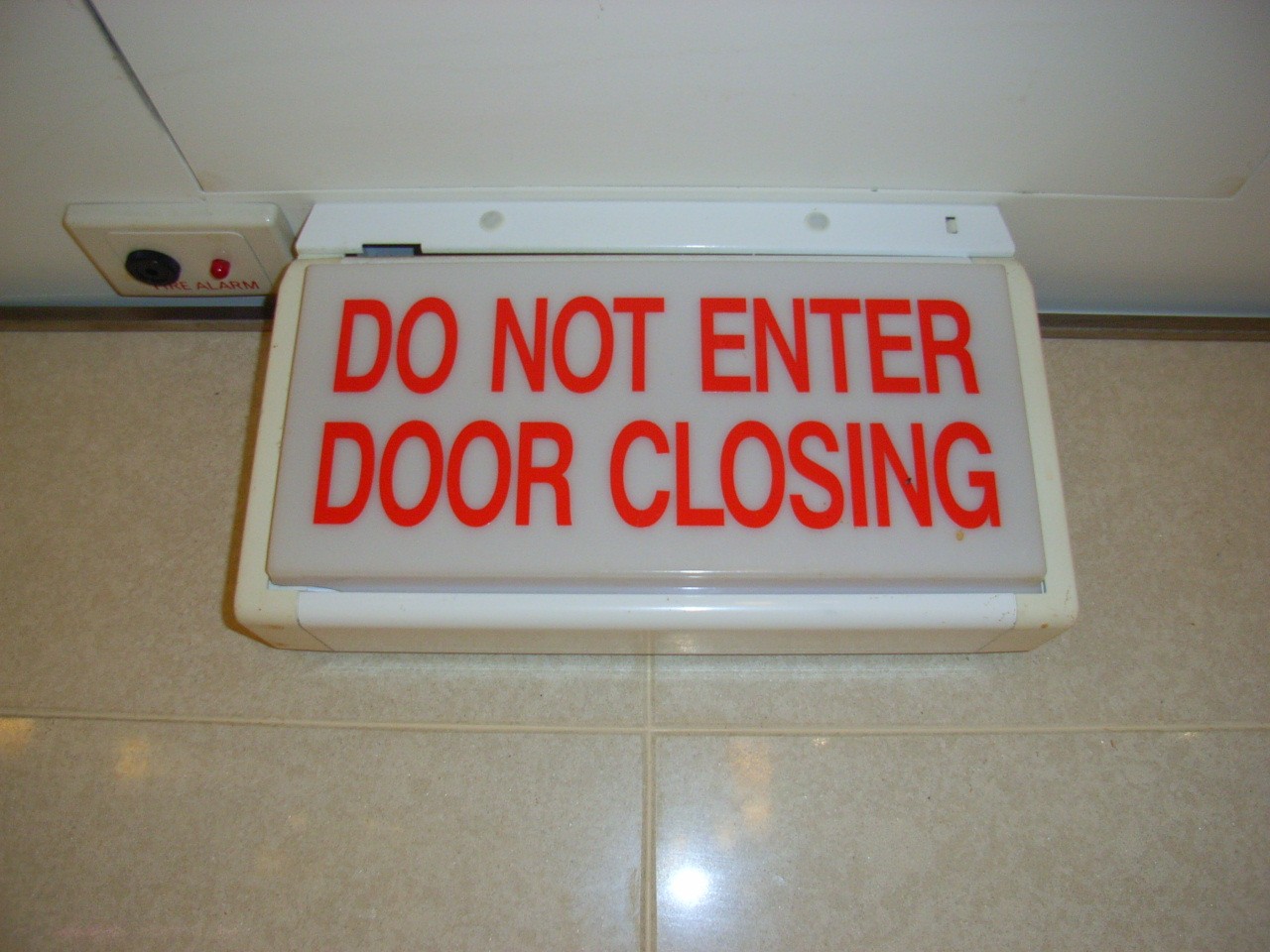


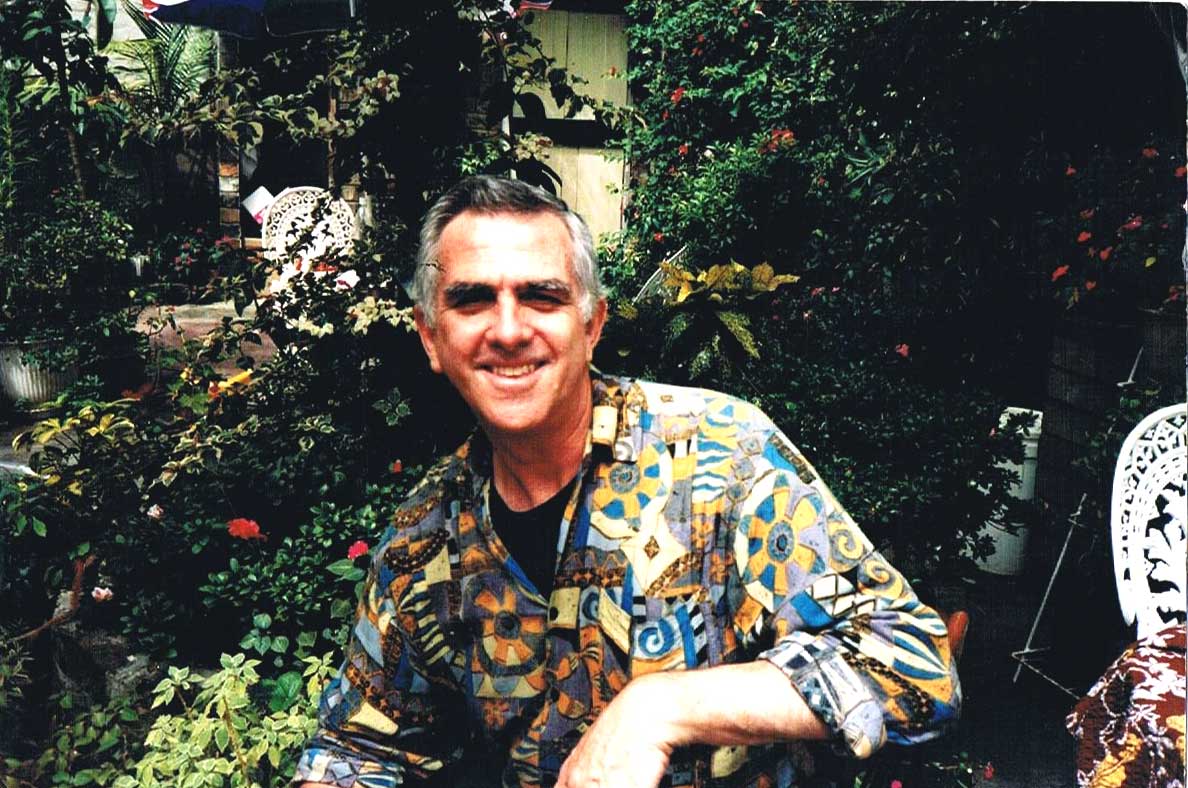
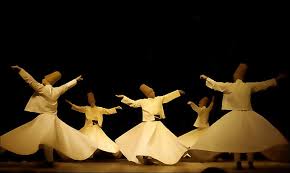


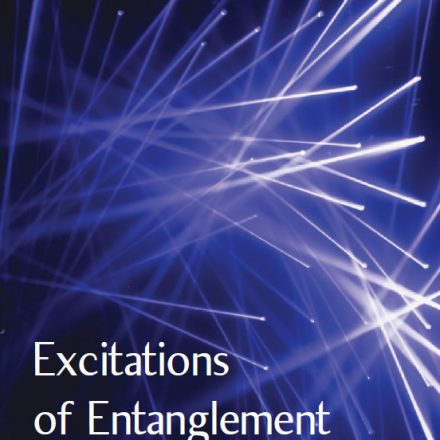

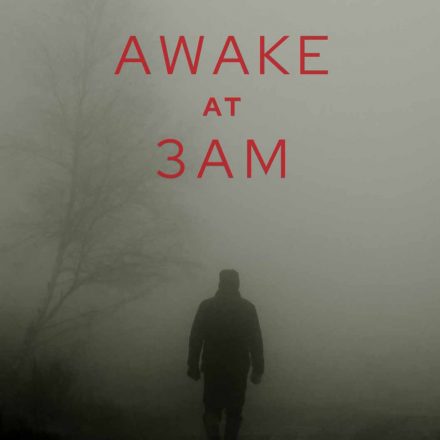
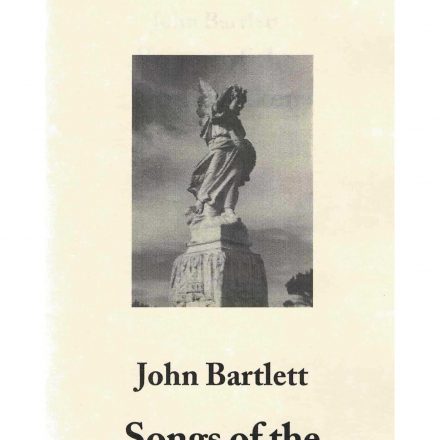


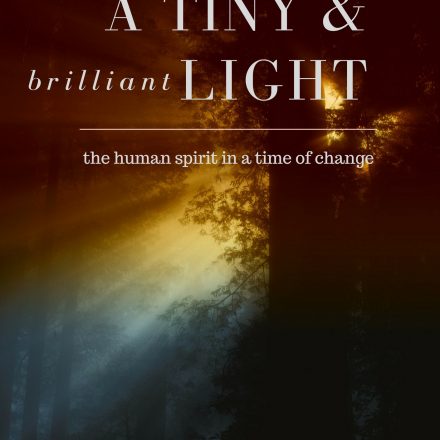



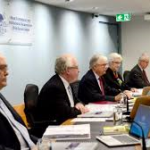





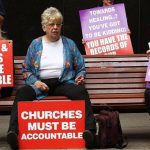
The perspectives in this piece of yours John recalls a principle articulated by Karl Gaspar during our Mindanao years: “What you see depends on where you stand”. Tony Abbot has his perspective, as unhelpful as it is. To describe one’s situation in life as akin to a Lotto shows appalling political instincts. In fact, the attempts to repair a so called budget crisis by pulling out resources from where they are most needed demonstrates very careful and calculated politics. Rather than wait for elections, people want to be engaged in the political process, but often do not have the support of any collaborative effort. A group like Vinnies can bring its organisational clout to the public forum in ways that can really effect positive change.
Jumping up and down until the next election is certainly an option and probably necessary to help our political system function.
However, might the youth and others who have been served well by welfare workers be encouraged/helped/mentored/motivated to develop a movement to help the disenfranchised, the marginalised, the dropouts, etc. to reclaim their place in the political process?
Instead of having things done for them might it be possible to find ways of helping them not only solve whatever the immediate concern may be but also the issue of becoming aware, participating citizens finding ways of participating in our political process?